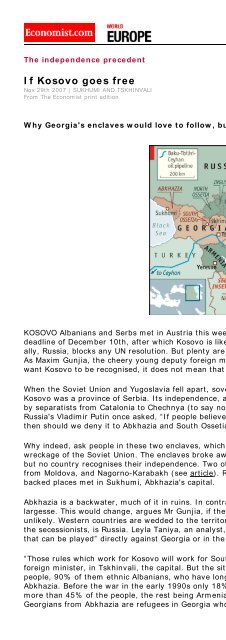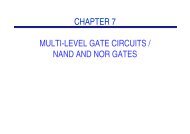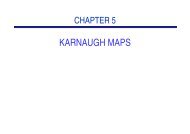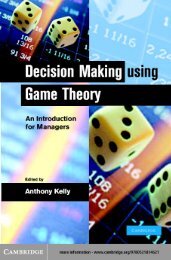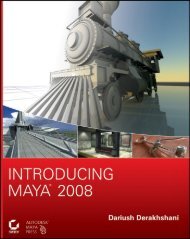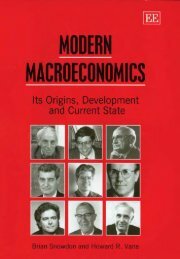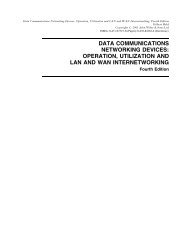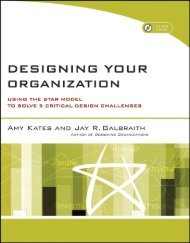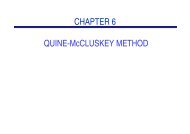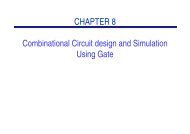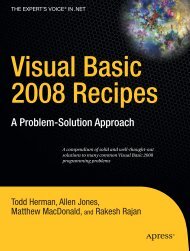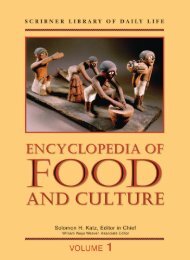The Economist December 1st 2007 - Online Public Access Catalog
The Economist December 1st 2007 - Online Public Access Catalog
The Economist December 1st 2007 - Online Public Access Catalog
- No tags were found...
Create successful ePaper yourself
Turn your PDF publications into a flip-book with our unique Google optimized e-Paper software.
<strong>The</strong> independence precedentIf Kosovo goes freeNov 29th <strong>2007</strong> | SUKHUMI AND TSKHINVALIFrom <strong>The</strong> <strong>Economist</strong> print editionWhy Georgia's enclaves would love to follow, but will probably failKOSOVO Albanians and Serbs met in Austria this week for last-chance talks before a United Nationsdeadline of <strong>December</strong> 10th, after which Kosovo is likely to declare independence unilaterally. Serbia's oldally, Russia, blocks any UN resolution. But plenty are watching south of Russia in the enclaves of Georgia.As Maxim Gunjia, the cheery young deputy foreign minister of Abkhazia, says, “because Russia does notwant Kosovo to be recognised, it does not mean that we do not want it.”When the Soviet Union and Yugoslavia fell apart, sovereignty passed to their constituent republics. ButKosovo was a province of Serbia. Its independence, argues those worried by precedents, will be seized onby separatists from Catalonia to Chechnya (to say nothing, nearer home, of the Bosnian Serb republic). AsRussia's Vladimir Putin once asked, “If people believe that Kosovo can be granted full independence, whythen should we deny it to Abkhazia and South Ossetia?”Why indeed, ask people in these two enclaves, which are among the four “frozen conflicts” left from thewreckage of the Soviet Union. <strong>The</strong> enclaves broke away from Georgia in nasty wars in the early 1990s,but no country recognises their independence. Two other frozen conflicts are in Transdniestria, which splitfrom Moldova, and Nagorno-Karabakh (see article). Recently the presidents of three of these Russianbackedplaces met in Sukhumi, Abkhazia's capital.Abkhazia is a backwater, much of it in ruins. In contrast to the Balkans, it has received no internationallargesse. This would change, argues Mr Gunjia, if the world would only recognise Abkhazia. That isunlikely. Western countries are wedded to the territorial integrity of Georgia; so, despite its support forthe secessionists, is Russia. Leyla Taniya, an analyst, sighs that Russia cares for Abkhazia only “as a cardthat can be played” directly against Georgia or in the great game with the West over the region's future.“Those rules which work for Kosovo will work for South Ossetia,” insists Alan Pliev, South Ossetia's deputyforeign minister, in Tskhinvali, the capital. But the situation in each place is different. Kosovo has 2mpeople, 90% of them ethnic Albanians, who have long been in the majority. Only 200,000 people live inAbkhazia. Before the war in the early 1990s only 18% of them were Abkhaz; even today they make up nomore than 45% of the people, the rest being Armenians, Russians and Georgians. More than 200,000Georgians from Abkhazia are refugees in Georgia who are unlikely to be allowed to return.


